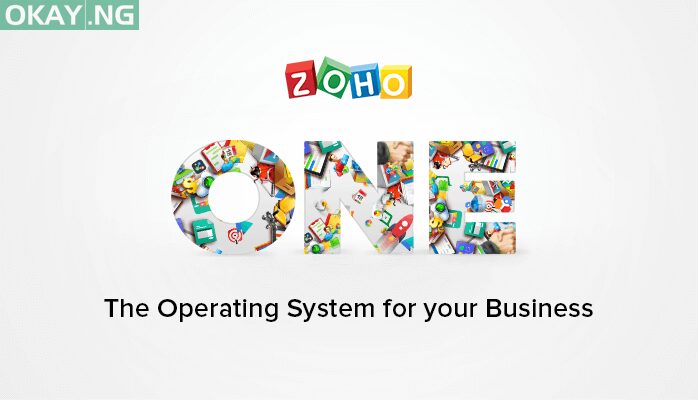Following the opening of their new office in South Africa, Zoho Corporation, the global technology company offering the most extensive suite of business software in the industry plans expansion to other regions of the African continent.
Hyther Nizam, President, MEA at Zoho Corp, in this interview with Farouk Mohammed shares the company’s commitment to growth in Africa.
Excepts;
With the new office opened in South Africa, what are your plans for expansion to other African countries?
Before that let me step back to share our Zoho Africa mission. The continent is one of the fastest-growing regions for us globally. We see three major markets in Sub-Saharan Africa which are South Africa, Nigeria and Kenya which we refer to as our hubs in Southern Africa, Western and Eastern regions in Africa. We debated between Johannesburg and Cape Town for our new office but chose Cape Town because it is the technology hub in South Africa. Following our choice of Cape Town for our new office, we hired people there and now have a 30 people capacity team with 10 working full time.
Coming to Nigeria, Zoho already has three full-time employees working now. We are seriously committed to the Nigerian market and our next step is to open an office in the first quarter of 2022 in Nigeria. The office space will be situated in Lagos State and hopefully, we will be making the announcement.
Nigeria is the fastest-growing market for Zoho among the Sub-Saharan Africa countries. We are looking forward to 75% growth in the African region.
We have already opened Zoho Nigeria, an entity for the country, and customers are able to purchase our products in Nigerian Naira.
At the announcement of your new office in South Africa, you revealed that Zoho recorded more than 50% growth in revenue. How were you able to achieve this?

Zoho was able to achieve a 50% growth in revenue for these reasons. Firstly, we have over 50 business products in different departments from sales, marketing, support, accounting, operations, and human resource. We term all of them as ‘The Operating System for Business’ which is the Zoho One platform. This is one of the reasons we are able to achieve such rising growth.
Secondly, our pricing is very affordable. The African market is quite a price-sensitive one. Lastly, our ease of purchase strategy ensures that all our products can be purchased in local currencies across the regions.
Are there any major plans to empower small businesses in Nigeria and Africa to scale up their operations?
Zoho’s aim is to make SMEs smarter with the automation of things. Even presently, a lot of small businesses are still in old ways of doing things. Some of them are still using spreadsheets to track daily business operations. But this is not the right way to track sales or the customer’s information. Small businesses should have a very structured way of handling their customers. This is where the Customer Relationship Management (CRM) system comes in.
Small businesses always underestimate the need for a CRM system, our responsibility is to educate them to get on board, so they can sell more and make better business decisions. This way, they can focus on their business while they automate the management of their customers. To answer your question, we are providing the right set of tools for SMEs to focus on their businesses.
In 2022, what specific plans should we be looking forward to specifically for the Nigerian and African market?
Zoho is very serious about the African market. Presently, Africa is our second-fastest-growing market globally next to India. This means we are very committed.
Personally, as the President of this region, I have been with Zoho for the last 23 years. The company started in 1996 and in 2021, we are seeing an impressive growth in the African market.
This year, Zoho is working towards opening offices in different regions of Africa. Firstly, we opened our office in South Africa, Nigeria is next in line and probably in Kenya.
Also, we look forward to integrating more local vendors in 2022. For example in Nigeria, we will be having payment and SMS gateways launched. At Zoho, we want to be more local with our offerings and be seen as if we are a Nigerian company.
Localization
At the end of the interview, Mr Nizam emphasised on Zoho’s commitment to trans-national localism where he said the company wants to be a thick global brand that acts locally.
On the concept of trans-national localism, he said, for example in Nigeria, Zoho will make sure Nigerians will handle the operations of the company’s entity in the country. Nigerian customers will also receive local support and so much more.













